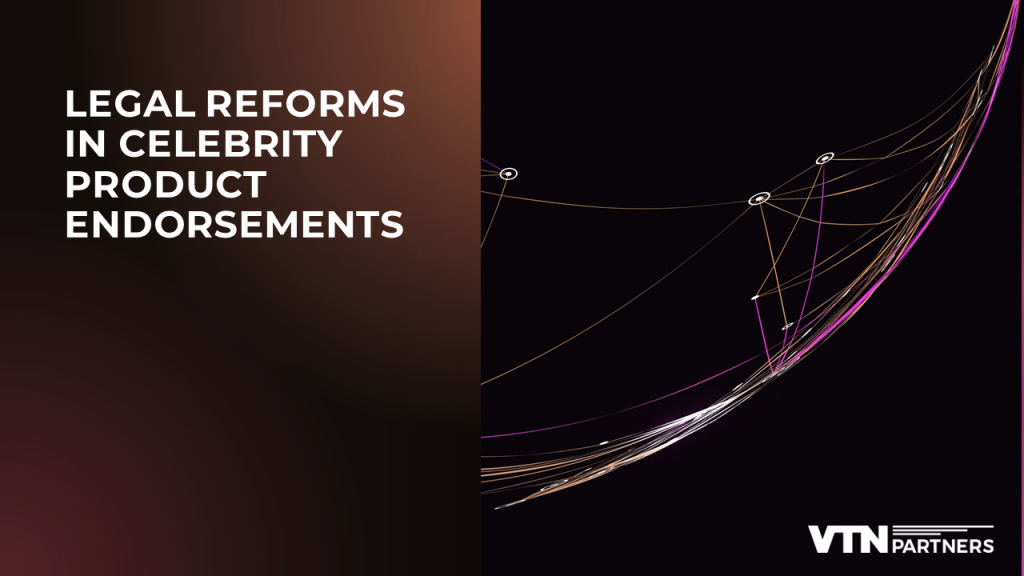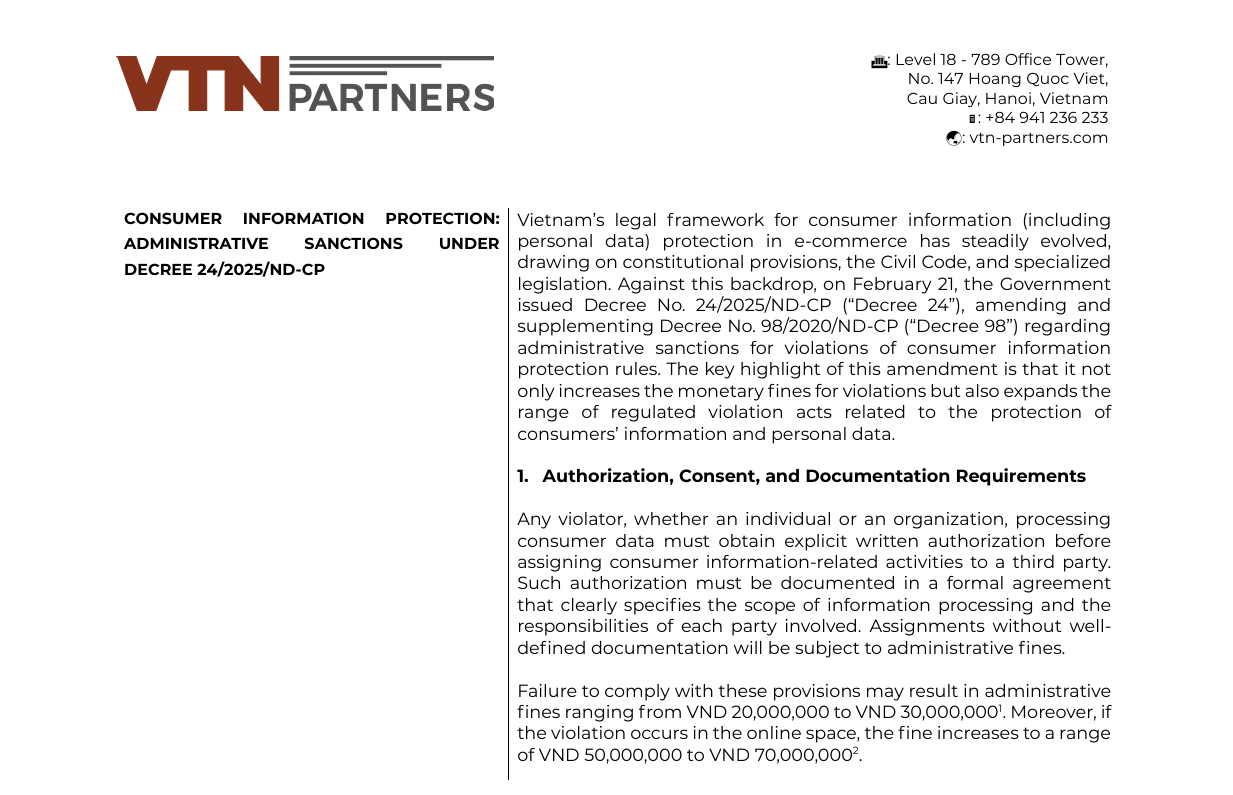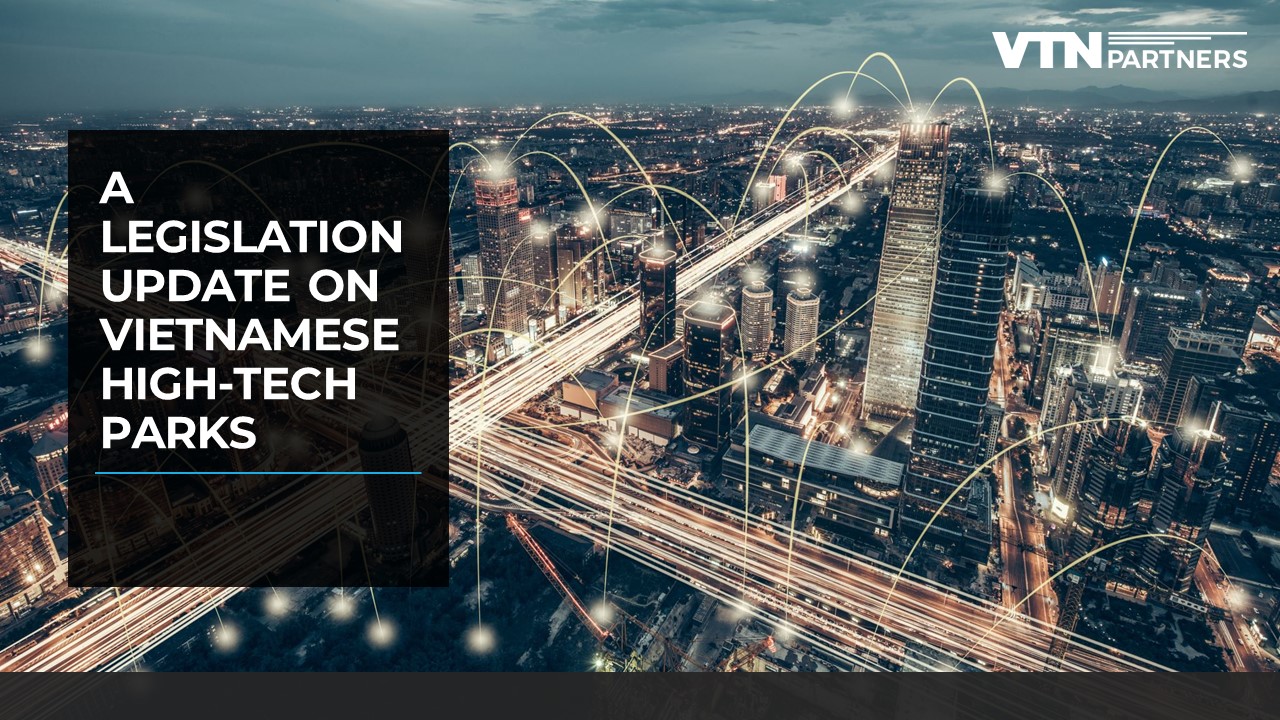This article is written by Trinh Ngoc Bao Trang and edited by Nguyen Thanh Nghiep
In this day and age, anywhere the eye can see, it’s likely to encounter random ads relating to service, brand, especially product marketing popping up on computer or phone screen. Product advertising promotes a great number of consumer goods namely cosmetics, Feng Shui items, food supplements, etc. It is to be noted that there is a growing tendency for the use of celebrity endorsement in marketing strategy which leads to the occurrence of serious drawbacks if not strictly regulated. As a matter of fact, people may observe the overexposure of some well-known influencers as representatives of different medications regarding erectile dysfunction treatment, arthritis pain, kidney failure at one moment, and health-enhancing physical equipment, and skincare products the other time.
Being financially supported by connecting their names to a host of advertising activities in the form of imagery posting on their social media pages is a common marketing idea of many Vietnamese KOLs in recent years. It is stated to be legitimate for an individual to get paid for advertising using their personal pictures, and brands. However, to some extent, they seem to take advantage of the rapid consumerism spread to repetitively and simultaneously promote merchandise of little value, or untested quality, even considered as unauthorized replicas of the real ones. This may involve the lack of field knowledge, being too easy-going when forming a business partnership, and the effect of short-term benefit that more and more influencers are willing to abet and commit acts in violation of the law which confuse and deceive customers. Celebrities being poor brand advertising is considered a national issue in many countries. China has revealed dozens of stars in similar cases, fined them hundreds of thousands of dollars, and even put their names on the blacklist. Those Chinese influencers also received aggressive public opinion on their acts.
Previous LPCR 2010 promulgated an article on resolving the request to protect consumers’ interests which was further instructed by Chapter IV Decree No. 99/2011/NĐ-CP on settlement of consumer right protection requests following general procedures and decrees on administrative penalties for violations against consumers’ interests, however, these regulations did not touch on the influencers’ behavior. This consequently gave rise to quick and unmerited penalties, accelerated violations, and made a serious impact on consumers’ health. Celebrities perhaps simply said a few words of apology to their fans and fell into silence.
Witnessing widely-known people have been presenting the public with products, goods, and services on a regular basis, a variety of definitions are added in the Law on Protection of Consumers’ Rights No. 19/2023/QH15 dated June 20, 2023 (“LPCR 2023”) including (i) “influencer” as a basis to determine accurately their identity and responsibilities in protecting consumers’ interests; (ii) “online traders” and “an multi-level marketing organizations and an multi-level marketing participant” to elaborate and ensure tight binding of the responsibilities of these entities in the process of performing transactions with consumers.
Being regarded as a third party providing goods and services of the traders to consumers, the influencer is obliged to:
- Furnish accurate and adequate information about the products, goods, or services supplied by the trader and related review and rating programs (if any)[1] to the consumers, i.e. influencer must act with fastidious care, for instance, look closely at certificates of the product quality and origin; inquire to experience the product before accepting an advertisement and give personal assessment after trying it for a while.
- Request the traders to provide information, documents, or tools evidencing the accuracy and adequacy of information about their products, goods or services[2].
- More importantly, be jointly liable for the inaccurate or scanty information about the traders’ products, goods, or services, unless he/she can prove that all required methods have been employed to verify the aforementioned accuracy and adequacy[3].
- Notify consumers in advance of the sponsorship by the traders before kicking off her/his advertising process[4].
- Comply with other relevant regulations[5].
In practice, by now, as LPCR 2023 will come into force from July 01, 2024, such requirements are not prudently pondered and strictly stipulated in the advertising contracts. It only seems to happen when influencers and their managers have a strong sense of responsibility. Following the advertising contracts, influencers often receive fees upon the interpersonal transactions, in the absence of legitimate obligations, in some cases, without income tax submission. Particularly in beauty livestreaming, neither requirements on inspection and verification of the origin of cosmetics nor binding conditions exist in the contracts. There are tons of brands that even arbitrarily take pictures and clips of celebrities in random programs and then edit them to advertise for them without that person’s permission.
With the aim of fulfilling regulations that are not in conformity with reality and improving the efficiency of dispute resolution among consumers and traders (and probably the involved celebrities), LPCR 2023 has added provisions on consumer rights to directly require traders for negotiation or request state competent agencies, social organizations in terms of protecting consumer interests to assist in negotiation when their rights are infringed[6].
The law specifies expedited procedures applied to civil dispute settlement at court[7]. The new provisions are expected to potentially improve the efficiency of the trial of civil cases on consumer protection. Accordingly, any civil case of protection of consumers’ rights which values less than 100 million dong shall be handled following expedited procedures without satisfying the conditions specified in Clause 1 Article 317 of the Code of Civil Procedure. The said regulation is duly applicable to the features of the cases and meets the practical requirements and current global trends in the region and around the world.
[1] Article 22.1(a) of LPCR 2023
[2] Article 22.1(b) of LPCR 2023
[3] Article 22.1(c) of LPCR 2023
[4] Article 22.3(b) of LPCR 2023
[5] Article 22.1(d) of LPCR 2023
[6] Article 56 of LPCR 2023
[7] Article 70 of LPCR 2023








